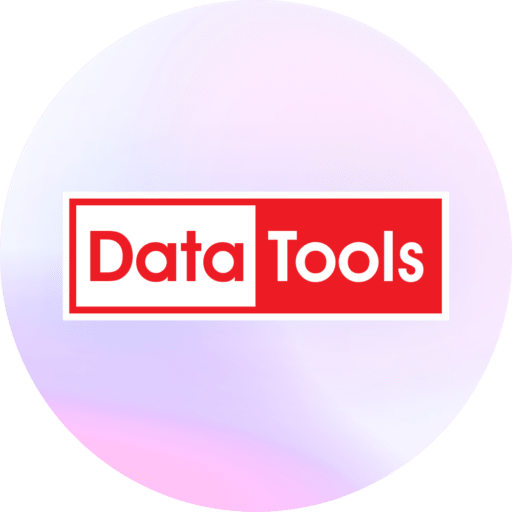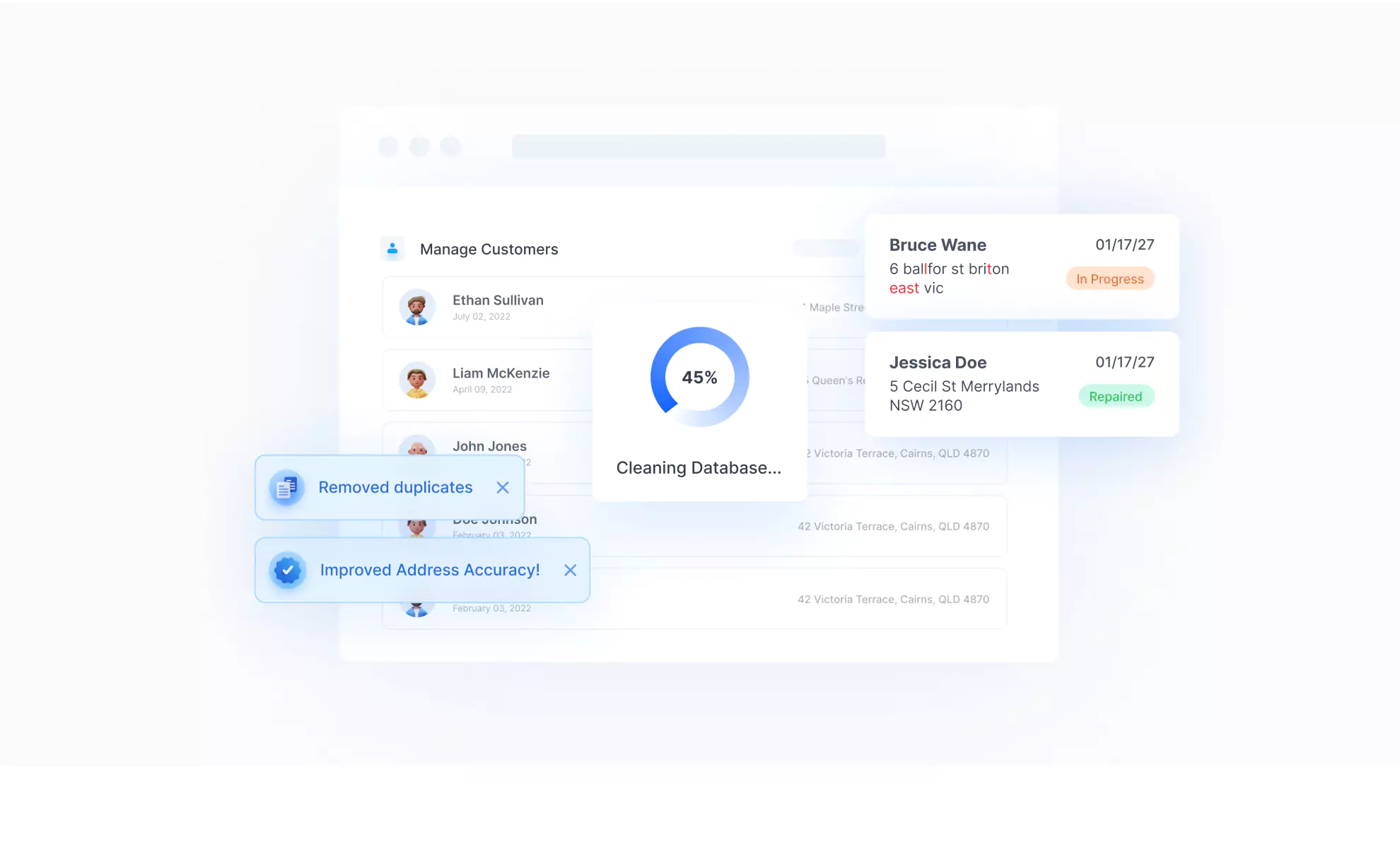
Are you IN or are you OUT? In-House Data Management or Outsourcing?

Table of Contents
The Pros
|
PROS |
|
| In-House | Outsourced |
| Tight control over each and every aspect of the process. | No learning curve on how to manipulate and process data |
| More flexibility; can change on the fly as the business evolves | Will be able to validate phone numbers and address information for recency |
| Can analyse each step and determine exactly where processes can be bettered. | Less time needed to process data, as they have the knowledge. hardware, and supporting systems for all data set sizes |
| Can effectively troubleshoot, should a problem arise. | Dependent upon the requirements and ongoing nature of the management, an outsourced solution can be cheaper. |
| Cost of the activity can be potentially amortised over a greater period. | |
Several businesses that manage their data internally start off with a solution that they think will get them through “for now”. This could be as rudimentary as an excel spread sheet, or as “sophisticated” as an access database. Either way, they can end up with a disaster on their hands within a short period of time especially when multiple excel sheets with different headers and/or content are brought into the equation.
The silver lining is that these data sets, no matter how cluttered, can still be used to form a foundation for an effective CRM. For in-house management, a company’s top priority would be to find a tool that could perform some clean-up of the data and get all the information into one concise format.
Fortunately, we have created and maintained a solution that is highly effective at importing multiple file types and header variations into a single “workspace”. From here, businesses can use this “workspace” to perform address validation and de-duping exercises on your data, so they have a distinct data set ready for use or import into their CRM.
When this is done in-house, most businesses benefit from being able to determine what is classified as a duplicate, how old the oldest record should be, which records to keep within a multi-dataset hierarchy, and more

Removing duplicates from a database and improving address accuracy using DataTools Kleber.
Out Sourced Data Management
Data management organisations have a greater range of resources available and can leverage relationships with multiple parties to achieve their data goals. Outsourcing gives businesses the opportunity to focus on what they know best, which is their own business. They can dedicate more time, effort, and funds into building themselves up and engaging their customers.
One thing teams need to consider is that when they choose to perform this work on their own, they’ll only be as good as the data they have available internally.
Think of it this way: nobody goes to a coffee house and asks them to build a car. So why go to marketing and ask them to handle the data?
So, we’ve been through the pros of each. Let’s take a look at the cons:
The Cons
|
CONS |
|
| In-House | Outsourced |
| IT-savvy staff aren’t necessarily the best people for the job. They can only work with the knowledge they have and tech is an incredibly broad field. As a result, you won’t be able to identify your blind spots | Often more expensive. If the business only needs repetitive tasks done, then it is usually cheaper to build a solution in-house that meets your needs. |
| The person or team responsible usually has other responsibilities that take them away from the task of data management. This divides their attention and ultimately, the business loses focus on its greatest asset: the data. | Less control over the methods used to achieve the final output (why is this bad) |
| More time is needed to complete simple data management tasks because of distractions | |
At the end of the day, it will come down to the following factors:
- Time
- Cost
- In-house ability
- Control
If a business has the time and ability for data management but can’t afford the upfront cost of an outsourced solution, then perhaps an in-house alternative is the way to go. Alternatively – if time is an issue and nobody on the team has the ability to perform such a task, then an outsourced solution may be more effective and better at securing some immediate wins.
However, it may also pay to compromise. Having an outsourced organisation build a solution so that it can then be done internally may ultimately reduce labour costs whilst helping to control and protect the privacy of the team’s data.
Ready to Optimise Your Data Management?
Unlock the full potential of your data with expert guidance. When you’re convinced, feel free to book a consultation with our Data Quality specialists. We’re here to understand your unique needs and tailor a solution that drives your business forward.




















